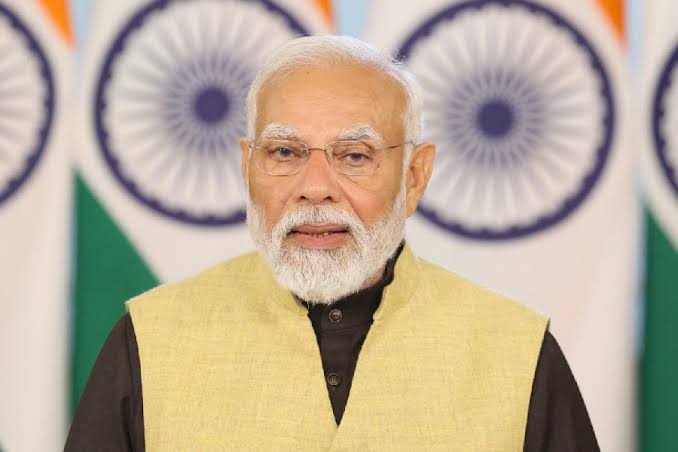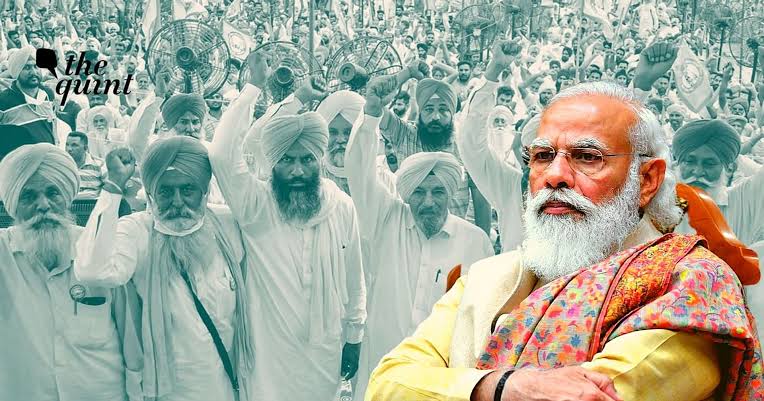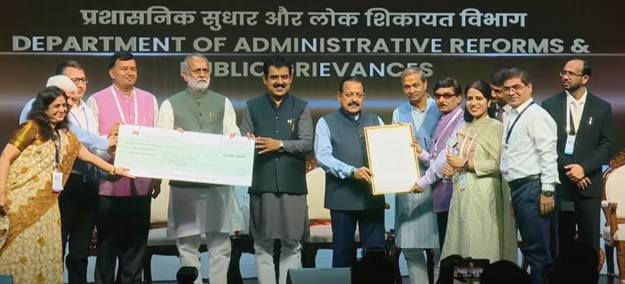The Modi government’s current approach toward the ongoing farmers’ protest marks a clear shift from its earlier stance during the 2020–2021 agitation against the three contentious farm laws. Unlike the previous term, when the government engaged extensively with agitating farm unions, the NDA government 3.0 is maintaining a noticeable distance.
 A Changed Approach
A Changed Approach
Farmers, led by the Samyukta Kisan Morcha (non-political) and Kisan Mazdoor Morcha (KMM), have been protesting at the Punjab-Haryana border since February 2024, demanding legal status for Minimum Support Price (MSP) and other reforms. However, Union Agriculture Minister Shivraj Singh Chouhan has indicated that the government will follow the Supreme Court’s directives on these issues rather than initiating talks.
This cautious stance contrasts sharply with the government’s response during the 2020–2021 protests, where a team of Union Ministers held 11 rounds of discussions with farmer unions. At the time, even Union Home Minister Amit Shah participated in negotiations, underscoring the government’s commitment to resolving the crisis.
Reasons Behind the Shift
1. Limited Geographical Scope: The current agitation is largely restricted to the Punjab-Haryana border, unlike the previous movement, which had nationwide support and participation.
2. Lack of Unified Leadership: Key farmer unions, including the broader Samyukta Kisan Morcha, have not joined this protest, although they support its demands.
3. Broader Demands: Unlike the focused opposition to the farm laws in 2020–2021, the present agitation includes multiple demands, such as farm debt waivers, diluting its intensity.
Government’s Calculated Response
Minister Chouhan has extended an open invitation to farmers for weekly meetings, and discussions with state agricultural ministers have taken place. However, no direct engagement with protesting groups has occurred. This restrained approach may stem from lessons learned during the earlier protests, where initial negotiations reportedly intensified the agitation.
Farmers’ Resilience
Despite the lack of proactive engagement from the government, farmers remain firm in their demands. Jagjit Singh Dallewal, leading the SKM (non-political), has been on a hunger strike since November 2024 to press for MSP reforms, drawing significant attention.
What Lies Ahead
The Modi government appears to be relying on judicial intervention and internal deliberations to address the crisis, avoiding the direct confrontations seen in the past. Whether this strategy will succeed or exacerbate tensions remains uncertain as the protests continue to simmer at regional borders.
This evolving dynamic reflects the government’s attempt to balance political considerations with the complexities of agricultural reforms.




